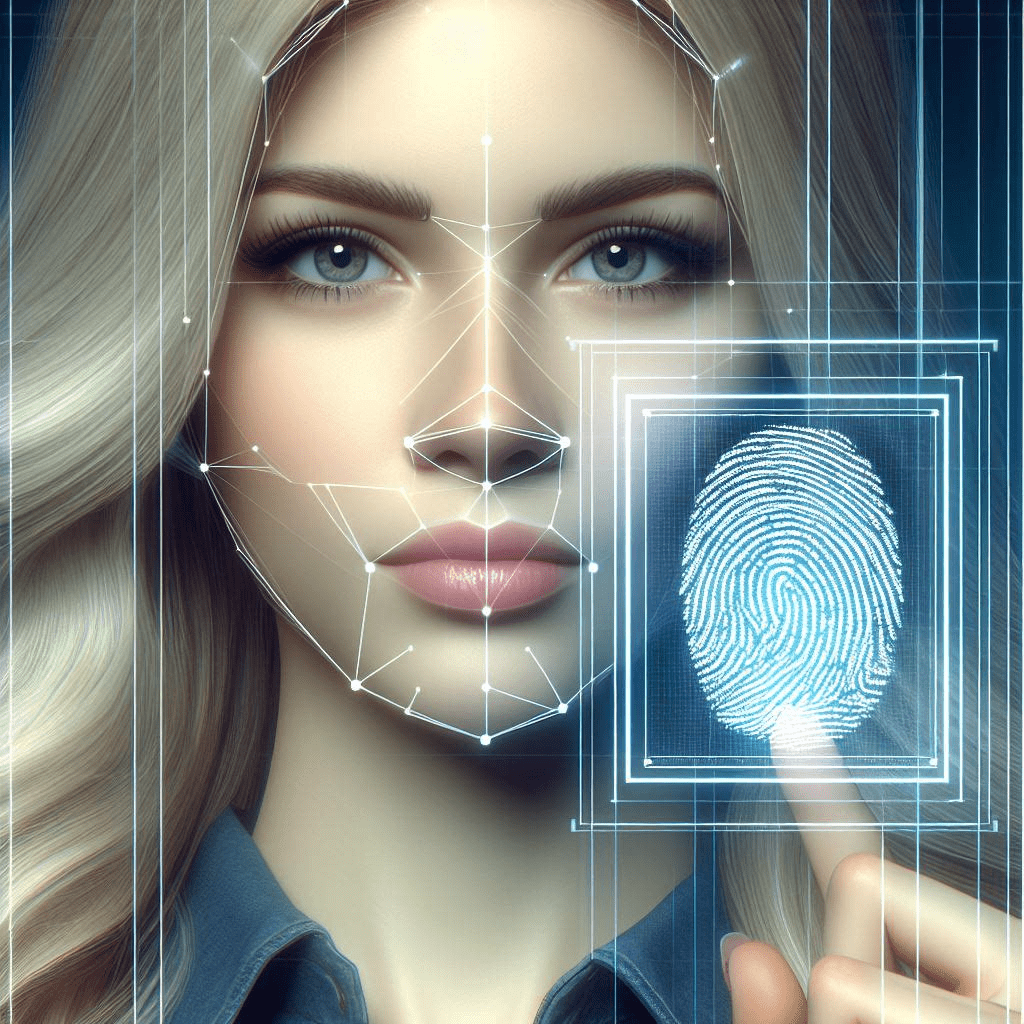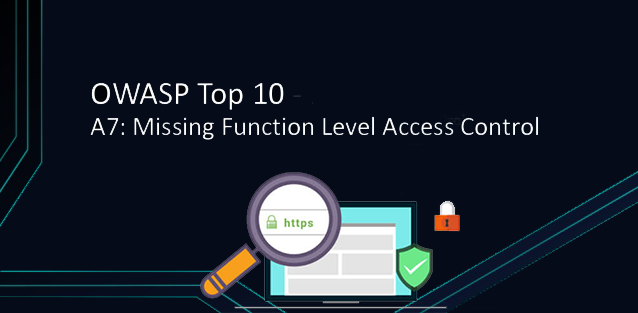Cyber security is of critical importance in the face of the ever-increasing threats of the digital world. Traditional authentication methods are inadequate against increasing cyber attacks. At this point, biometric authentication stands out as the future of cyber security.
What is Biometric Authentication?
Biometric authentication uses a person’s unique physical or behavioral characteristics, such as fingerprint, face, iris, or voice, to verify their identity. It offers a more secure and easy-to-use method of authentication compared to passwords and other traditional methods.
How Does Biometric Authentication Work?
Biometric authentication systems consist of three basic stages:
- Registration: The user’s biometric data (fingerprint, face scan, etc.) is recorded and stored in a database.
- Verification: The user re-submits his/her biometric data to access the system.
- Matching: The submitted data is compared with the recorded data and if the match is verified, access is granted.
Biometric Authentication Usage Areas in Cyber Security
- Computer and Device Access Control: Can be used to control access to computers, tablets, and other devices.
- Mobile Payments: Enables payments via fingerprint or facial recognition on mobile devices.
- E-Government Services: Provides a secure authentication method for accessing e-government services.
- Access to Company Buildings: Can be used to control access to company buildings and controlled areas.
Benefits of Biometric Authentication
- High Security: More secure than passwords because it is difficult to forge or steal.
- User-Friendly: Eliminates the need to remember or enter passwords.
- Fast: The verification process is quick and easy.
- Scalability: Easily applicable for large groups of users.
Harms of Biometric Authentication
- Data Privacy: There are concerns about the storage and use of biometric data.
- Technical Issues: Systems may be subject to errors or malfunctions.
- Cost: Biometric readers and other hardware can be expensive.
- Ethical Issues: There is a risk of misuse of biometric data.
Compliance with GDPR Rules
The General Data Protection Regulation (GDPR) is a regulation harmonizing data protection laws in the European Union. Biometric data is also considered personal data under the GDPR. Therefore, biometric authentication systems must be designed and implemented in accordance with the GDPR.
Ethical Use of Biometric Data
Ethical use of biometric data is very important for protecting cyber security and individual privacy. Some ethical principles to consider in this regard are:
- Transparency: Users should be informed clearly and transparently about what biometric data is collected, how it is processed and with whom it is shared.
- Consent: Explicit and free consent must be obtained from users for the collection and processing of biometric data.
- Purpose Limitation: Biometric data should be collected and processed only for specified and legitimate purposes.
- Data Security: Biometric data must be protected against unauthorized access, use or disclosure.
- Data Retention: Biometric data should be retained only for as long as necessary.
- Data Portability: Users should have the right to access, correct and delete their biometric data.
- Non-discrimination: Biometric data should not be used to discriminate against any individual or group.
Legal Regulations Regarding Biometric Identity Verification
Legal regulations regarding biometric authentication vary by country. Some important regulations are:
- European Union: The General Data Protection Regulation (GDPR) provides a comprehensive framework for the protection of personal data, including biometric data.
- United States: The Biometric Authentication Act regulates how the federal government can use biometric data.
- Turkiye: Personal Data Protection Authority (KVKK), various regulations and guides regarding the protection of biometric data published.
Before using biometric authentication systems, it is important to comply with the relevant legal regulations.
- Regarding the ethical use of biometric data, the EU’s GDPR regulation states that biometric data “can only be used with the express consent of the data subject or … is necessary for the fulfillment of a legal obligation … or for the protection of fundamental rights and freedoms and legitimate interests of the data subject.” determines that it may be processed in “situations”.
- Regarding legislation regarding biometric authentication, the US’s Biometric Authentication Act stipulates that the federal government may use biometric data “solely for authentication or authentication purposes” and that such data must be “stored in an encrypted form.”
Penetration Testing and Biometric Authentication
Penetration testing is an activity to find vulnerabilities in a system or network. Biometric authentication systems should also be subjected to penetration testing. Penetration tests can reveal security vulnerabilities in biometric systems, such as the ability to be spoofed with fake data or unauthorized access to databases.
The Importance of Biometric Authentication in Cyber Security
Biometric authentication plays an important role for the future of cybersecurity. It offers a more secure and easy-to-use authentication method compared to passwords. Biometric authentication systems can help protect against cyber attacks and increase data security.
Secromix Cyber Security Support
Secromix Cyber Security can help you with all your cyber security needs, including biometric authentication systems. Our expert team offers a variety of services including:
- Biometric Authentication Systems Consultancy: We can help you choose and implement the biometric authentication system that best suits your needs.
- Penetration Testing: We offer penetration testing service to determine the security vulnerabilities of your biometric authentication systems.
- Security Training: We can provide training to your employees about biometric authentication and cybersecurity.
- Managed Security Services: We can help you monitor and manage your cybersecurity infrastructure 24/7.
Biometric authentication plays an important role for the future of cybersecurity. It offers a more secure and easy-to-use authentication method compared to passwords. Biometric authentication systems will help protect against cyber attacks and increase data security. Secromix Cyber Security will assist you with all your cyber security needs, including biometric authentication systems. You can learn more about biometric authentication and cybersecurity by contacting Secromix.








